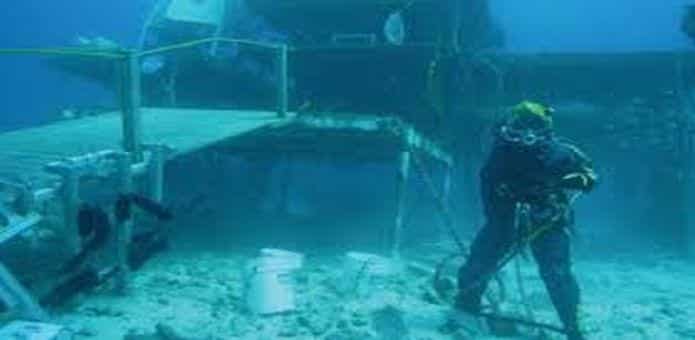NASA to execute underwater analysis for future deep space mission
In the month of July, Nasa will send an international crew to the bottom of the Atlantic Ocean to research for future deep space missions. The Nasa Extreme Environment Mission Operations (NEEMO) 20 team members will stay 62 feet below the surface of the Atlantic Ocean in the 14-day mission.
The crew and two professional environment technicians will travel to Florida International University’s Aquarius Reef Base undersea research habitat, which is 6.2 miles off the coast of Key Largo, Florida.
NEEMO 20 mission aims to evaluate tools and techniques that could be used for future spacewalks on various surfaces and gravity levels, including asteroids, moons of Mars and the Martian surface.
NEEMO project lead Bill Todd said: “The NEEMO team is particularly excited about this mission as it is a massive milestone to have achieved 20 missions at Aquarius over the past 15 years.
“Living and working in the highly operational, secluded and extreme environment of the aquatic territory has provided significant science and engineering for the benefit of human spaceflight. It has also clearly proven to be as close to spaceflight as is possible here on the Earth,” Todd said.
The mission will test time delays in communications due to the distance of potential mission destinations. The team will also review hardware sponsored by the European Space Agency (ESA) that allows crew members to read the next step in a process without taking their hands or eyes away from the task using a tablet, a smartphone and a head-mounted interface.
NEEMO 20 will be directed by ESA astronaut Luca Parmitano, and assisted by Nasa astronaut Serena Aunon, Nasa EVA management office engineer David Coan, and Japan Aerospace Exploration Agency astronaut Norishige Kanai.

